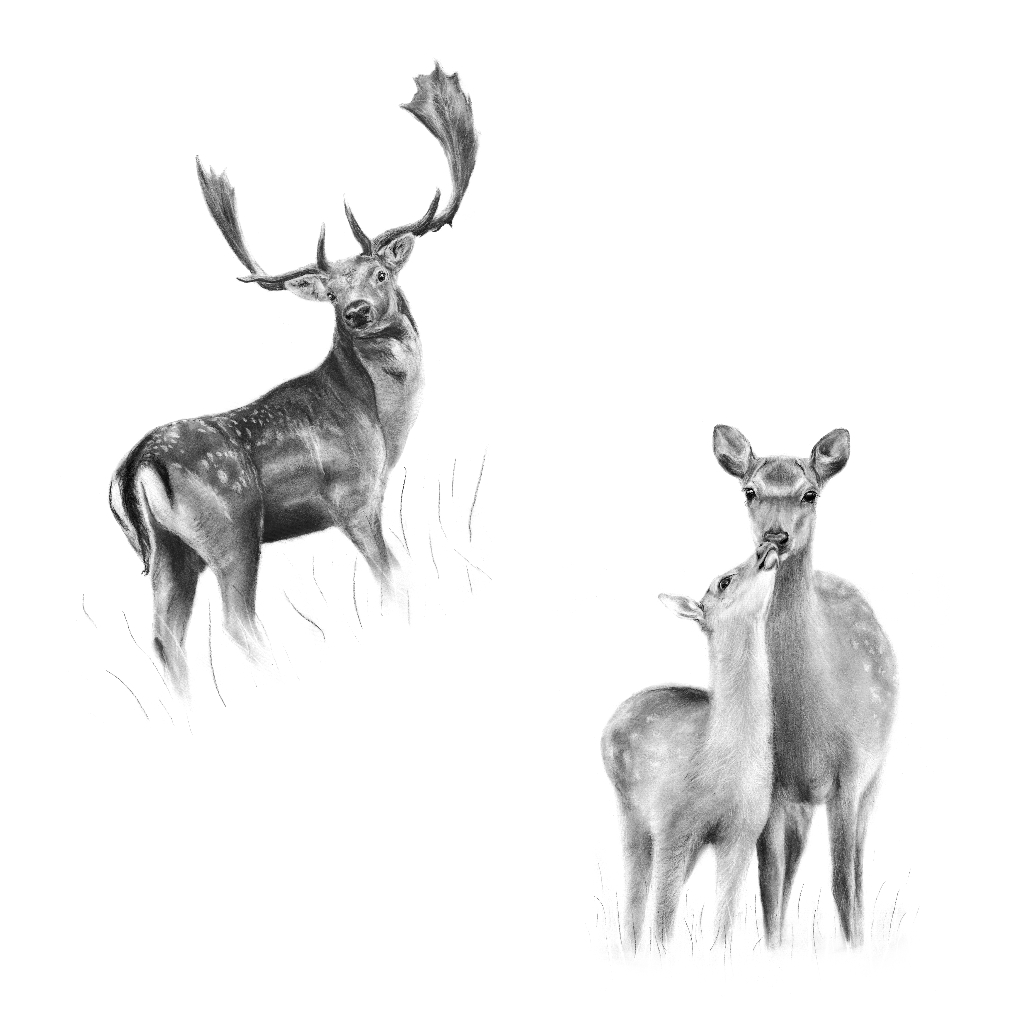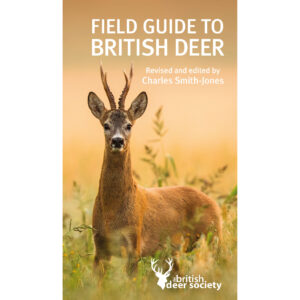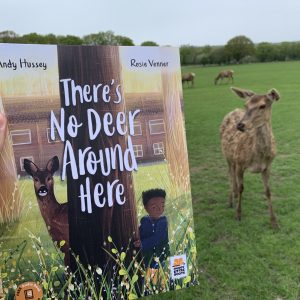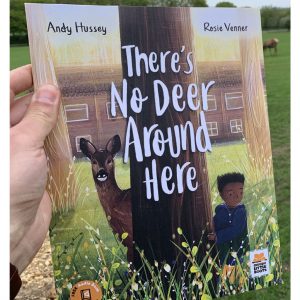ABOUT THE PROJECT
The project’s main purpose is to evaluate the effects of management-relevant levels of anthropogenic disturbance on resource use and environmental impact of red deer.
We hypothesise that:
1) Tourism-related disturbance may alter habitat usage, time budgets and consequently foraging intensity of red deer.
2) Red deer maintain biodiverse short-sward grassland habitats which are refuges and breeding grounds for rare Lepidoptera species, more effectively than sheep.
3) Regular anthropogenic disturbances decrease the grazing intensity of red deer and, as such a less intensive grazing regime conducive for promoting suitable breeding habitat for rare Lepidoptera species can be established.
This work constitutes a PhD project. Expected outputs are a PhD thesis, several presentations at national and international conferences, a series of papers published in the peer-reviewed and popular literature, and information to help the owners of the Isle of Ulva decide on the future management of red deer and their habitat on the island
FURTHER READING
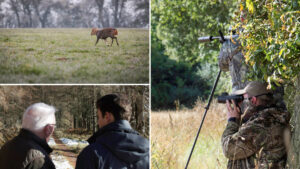
Unlock Your Potential with the BDS Training and Mentor Scheme
Join the British Deer Society’s Training and Mentor Scheme for hands-on deer stalking experience. Learn from expert instructors in Swinley Forest or West Norfolk, covering key skills such as gralloching, carcass handling, and shooting. Perfect for DSC1 holders.
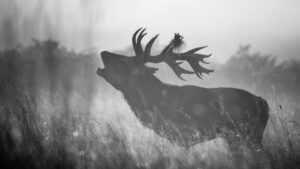
Supporting Mental Health in Deer Management
Explore the mental health challenges faced by deer managers and rural workers, with practical tips for well-being, reducing isolation, and accessing mental health support. Learn how to foster a supportive community and maintain emotional resilience in the field.
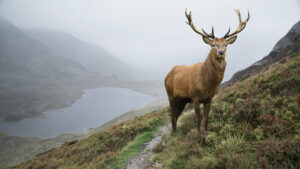
Climate Change and Its Impact on UK Deer Species
Explore the impact of climate change on UK deer species in this insightful article. Discover how warmer winters and hotter summers affect deer physiology, behaviour, and population dynamics. Learn about the implications for deer management and conservation efforts, and understand the critical need for proactive strategies to ensure the survival of these iconic species. Read more to uncover the latest research findings and the role of the British Deer Society in addressing climate challenges.





